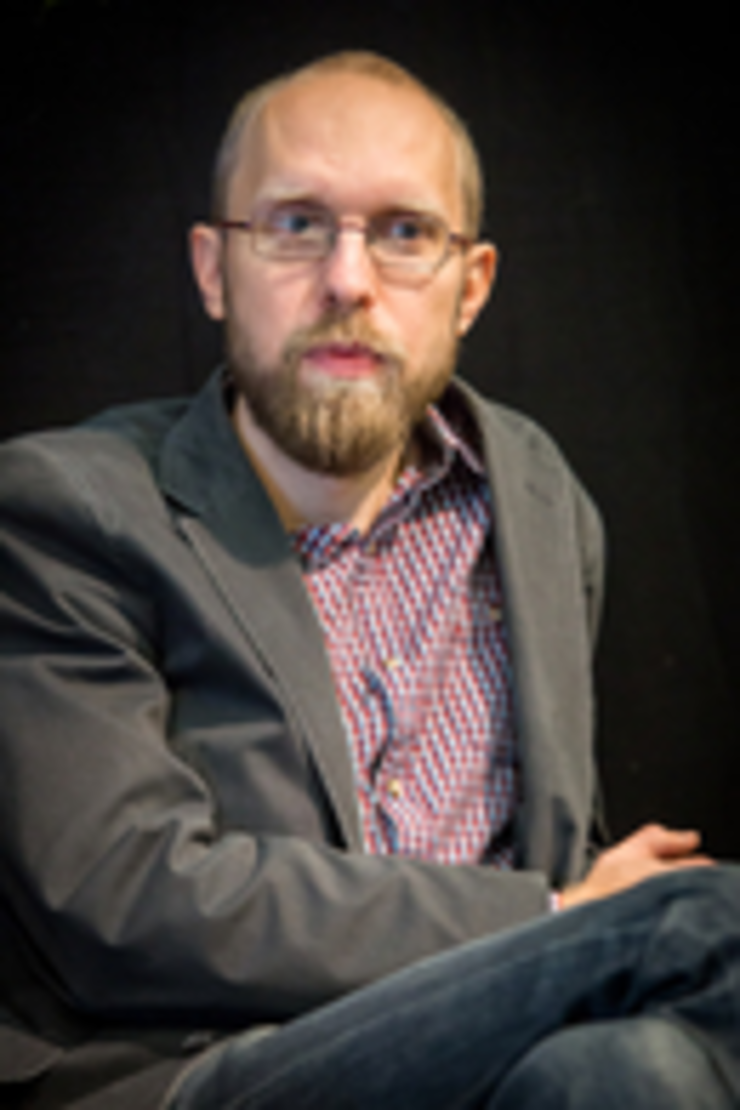Dr. Meelis Friedenthal

Ehemaliger Fellow
Universität Erfurt
Max-Weber-Kolleg für kultur- und sozialwissenschaftliche Studien
Postfach 90 02 21
99105 Erfurt
- +49 361 737-2855
- meelis.friedenthal@ut.ee
- Vita
- 2018–2019 Max-Weber-Kolleg, University of Erfurt, Germany. Research topic: Pneumatology and ideas about immaterial substances in Swedish unviersities of the 17th century.
- 2016–2017 Swedish Collegium for Advanced Studies, Uppsala University, Sweden. Research topic: Reception of new philosophical ideas in early modern Swedish disputations.
- 2014–2015 Lichtenberg-Kolleg, University of Göttingen, Germany. Research topic: Religious toleration in 17th century German disputations.
- 2008 – Tartu University Library, University of Tartu, Estonia. Senior research fellow.
- Forschungsprojekt
The general aim of my project in Max-Weber-Kolleg is to give an overview of the intellectual tradition of the universities of Uppsala, Tartu, Turku, Greifswald and Lund that all fell into the boundaries of the Swedish Empire (1611-1721). The main sources for the study are the disputations that were presented both for examination and for obtaining an academic degree in the universities and the sources that were cited in these disputations. The disputations for some of the universities are already available digitally (Turku and Tartu) and I’m collaborating with the digitization project of Uppsala University Library which has the most extensive collections of documents pertaining to the Swedish universities. Digitized disputations also permit to use computer aided discovery and analysis of the documents.
Swedish Empire in the 17th century was in a need for educated officials and clergy to govern the newly acquired territories on the Baltic coasts and had also a need to integrate these territories into the Swedish Realm. Partly for this purpose it reformed the Uppsala university and founded several new universities that followed the philosophical principles of the Huguenot educator Petrus Ramus, which laid stress on usefulness and practicality in all sciences. This situation resulted relative absence of theoretical subjects in the curricula of the universities and teaching of metaphysics was explicitly prohibited. At the same time the prohibition to discuss metaphysics opened up possibilities for adopting in the context of the 17th century the new sciences of pneumatologia and psychologia which were developing in (semi)Ramist circles (e.g. Snellius and Goclenius).
Taking these ideas about soul and immaterial substances that are discussed in the disputations as a starting point I’m going explore the intellectual developments in the Swedish universities of the 17th century and compare these to the developments in the German cultural space, mainly looking at a) the reception of new philosophical ideas; b) connection between pneumatology and discussion about witchcraft and magic; c) attitudes towards Pietism.
- Publikationen (Auszug)
- Meelis Friedenthal, “Nominal Definition in the Seventeenth-Century University Disputations of the German Cultural Space,” in History of Universities. Volume XXIX / 1, ed. Mordechai Feingold (Oxford: Oxford University Press, 2016), 65–87.
- Meelis Friedenthal and Pärtel Piirimäe, “Philosophical Disputations at the University of Tartu 1632-1710: Boundaries of a Discipline,” Studia Philosophica Estonica 8, no. 2 (2015): 65–90.
- Meelis Friedenthal and Anu Lepp, eds., Text and Its Materialities in Early Modern Estonia, Special Issue of Ajalooline Ajakiri 147, No. 1 (2014) (Tartu, 2014).

